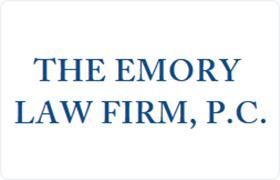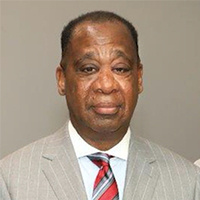Granite Quarry RICO Act Lawyer, North Carolina
Sponsored Law Firm
-
 x
x

Click For More Info:
-
The Emory Law Firm
11020 David Taylor Dr. Suite 102 Charlotte, NC 28262» view mapCriminal Defense Law Our People Make The Difference
We’re dedicated to ensuring that we take care of all of our clients, and that their legal needs are met and exceeded. We offer high-quality legal work and personal client service.
800-972-6341
Not enough matches for Granite Quarry RICO Act lawyer.
Below are all Granite Quarry Criminal lawyers.
Darrin D. Jordan
Criminal, Divorce & Family Law, Traffic, Car Accident, Eminent Domain
Status: In Good Standing Licensed: 34 Years
FREE CONSULTATION
CONTACTJames Austin Davis
Family Law, Divorce & Family Law, DUI-DWI, Criminal
Status: In Good Standing Licensed: 33 Years
James Pete Hoffman
Federal Appellate Practice, Criminal, Civil & Human Rights, Consumer Bankruptcy
Status: In Good Standing Licensed: 18 Years
 C. Randolph Emory Charlotte, NC
C. Randolph Emory Charlotte, NC Practice AreasExpertise
Practice AreasExpertise
